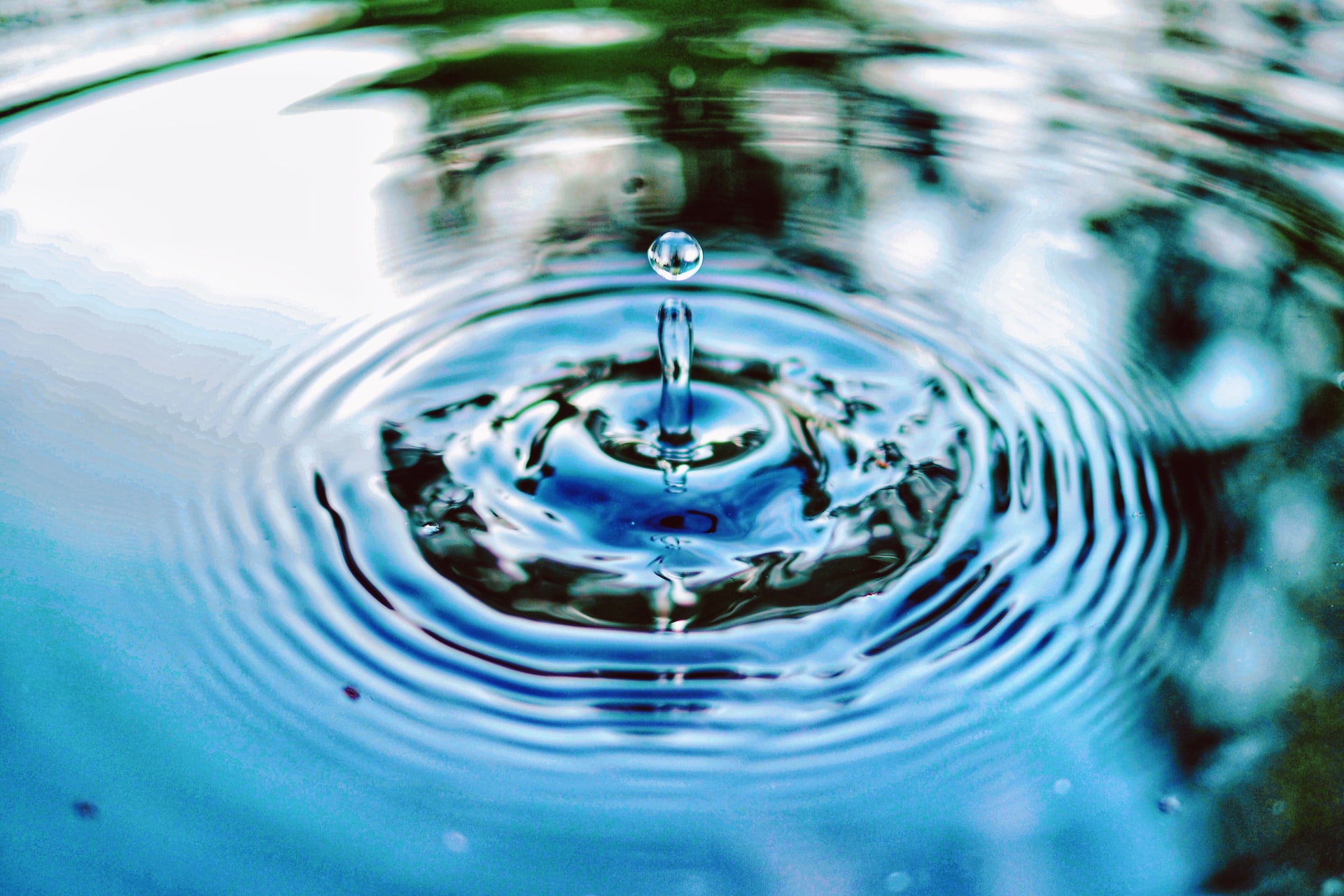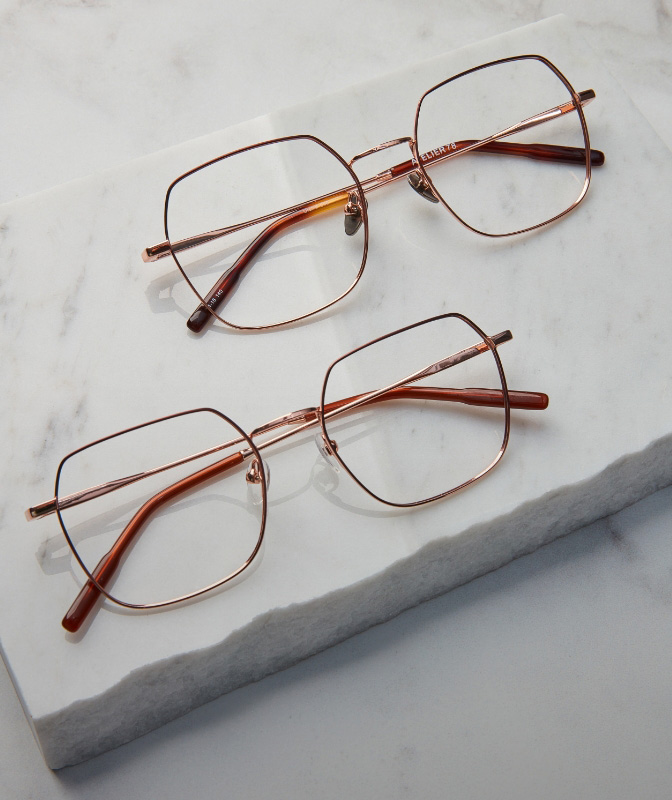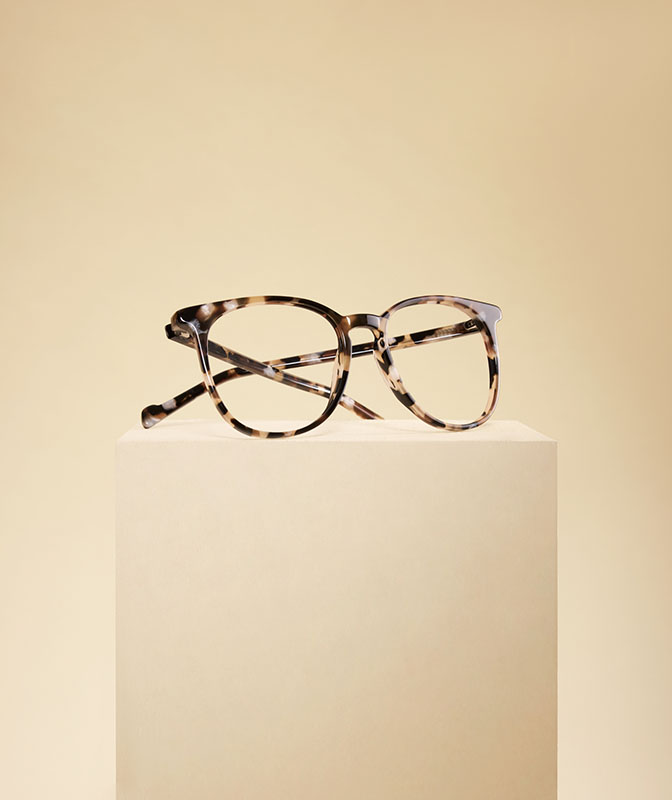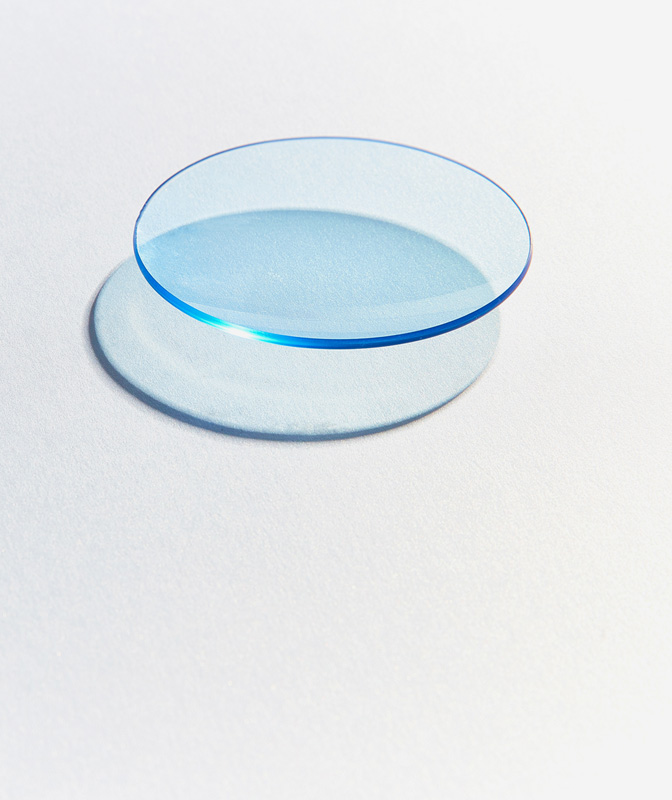Ocular dryness affects many people on a daily basis, manifesting itself in various ways, such as itchy eyes, a burning sensation, eye fatigue, or blurred vision. Yet often people don’t know about these symptoms and expose themselves to complications, which is why we met with Dr. Brousseau.
“Eyes that run abundantly are one of the most common symptoms of ocular dryness”, explains Dr. Brousseau. It may be surprising, but tears don’t tend to run freely if the lipidic film functions properly.
Secreted by the Meibomian glands located in the eyelids, the film lubricates your eye and prevents it from evaporating tears. Normally, the film produces and ejects Meibomian oil when you blink, but when the glands inside the eyelids become engorged, they cause the lipidic film to become dysfunctional.
“This is why it is so important to blink!”, Dr. Brousseau reminds us. “When we blink, the pressure of the eyelids pumps the glands. And oil doesn’t come out of the glands passively, it comes out actively”. According to him, an aqueous deficiency can occur simply because you don’t blink enough.
Dr. Brousseau also recommends being extra careful around computer screens and mobile phones, since we tend to blink much less when we are staring at a screen.
Aside from blinking, several elements can contribute to ocular dryness. Old age, menopause, various diseases, medication intake, contact lens wear, lack of control over the level of humidity in your house and visual fatigue can all have a direct impact on your eyes.
“In some cases, ocular dryness can cause permanent vision loss”, states Dr. Brousseau. Discomfort due to dry eyes should never be ignored, since it can damage the cornea and render it completely opaque.
“If you suffer from ocular dryness once or twice a week, you should see an optometrist”. These eye care specialists are equipped with all the technological resources required to measure the quality of your tears and follow up if needed.

SOLUTIONS TO DRY EYE
“If you are affected by a chronic dry eye problem, the best care is to use warm compresses and artificial tears on a daily basis. It’s basic, but it works!”, explains Dr. Brousseau. Heated masks are also available for purchase and yield better results than warm compresses. As for artificial tears, there are quite a few options for sale at your local pharmacy, but not every solution on the market is truly efficient.
Your optometrist can prescribe artificial tears that are perfectly suited to your needs. And if that is not enough, he or she can recommend a medicated treatment. Depending on the severity of your symptoms, you may have to see your optometrist 2 to 4 times a year to get a professional eyelid cleansing. “In the past few years, our therapeutic approach has greatly evolved and will no doubt keep evolving”, reassures Dr. Brousseau.
Bear in mind that the best course of action is to see an eye doctor and get a personalized diagnosis. This eye health specialist can perform a full eye exam, and by detecting a vision problem, you may be able to avoid visual fatigue, which in turn will help avoid ocular dryness.
To learn more about ocular dryness, you can book an appointment with one of our optometrists.






